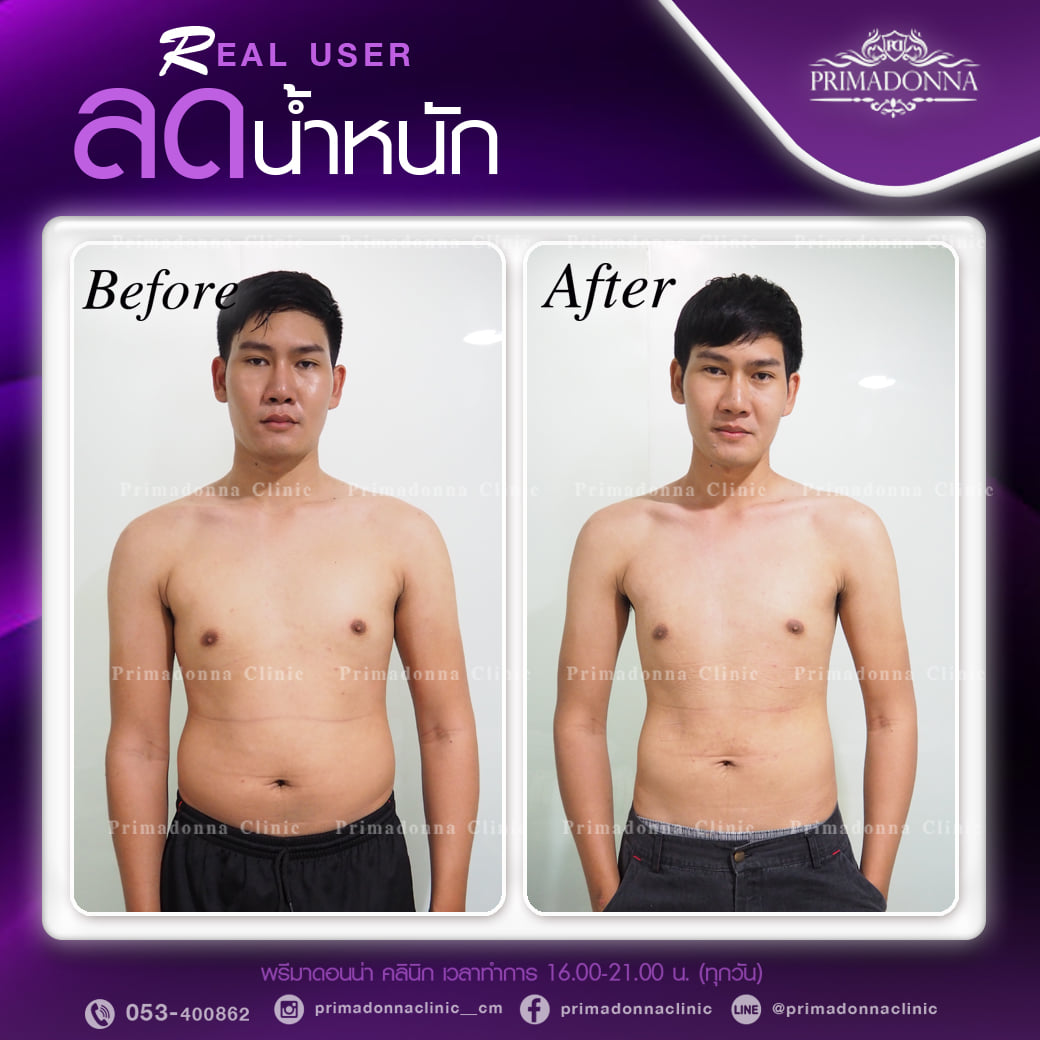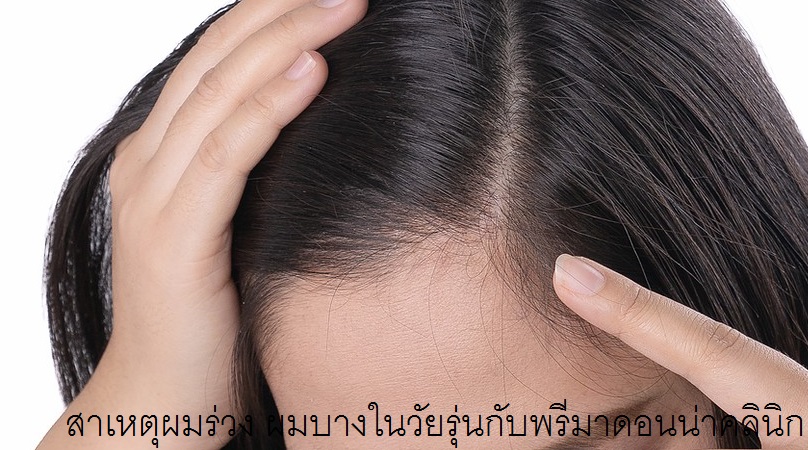
5 reasons you’re dieting all wrong
5 reasons you’re dieting all wrong
Frustrated, hangry, and unable to shift the pounds on your new diet? Here’s why you might be doing it wrong
We all know the feeling – a few weeks of over-indulging and neglecting your usual exercise routine, and suddenly you notice that your jeans feel tighter. It’s important to remember that our weight fluctuates a little naturally, but you’re more likely than anyone else to notice the difference between your mid-afternoon bloat and actual weight gain. And while it can be tempting to turn to crash diets and eight-week plans that claim to help you lose weight fast, lasting results more often come from a more measured, sustainable approach. Here are some reasons why you might be struggling to see results from your diet, along with tips on what to eat to lose weight the healthy way:
1 You think carbs are the enemy
Our Atkins-leaning, ‘no carbs before Marbs’ culture has traditionally painted carbs as the bad guys, but cutting them out completely might not be as conducive to weight-loss as you’d think. Recent scientific research has shown that people who eat foods rich in starchy carbohydrates actually find it easier to manage their weight. Carbohydrates are important in our diet to fill us up and stop us from feeling hungry, so switching to a low-carb diet, or cutting them out completely can leave us feeling less-than satisfied and more likely to crave a massive plate of chips. Instead of curbing carbs, opt for wholegrain versions, like brown rice and wholewheat pasta, which provide more fibre and are richer in nutrients than white ones. Also watch your portions: weighing out pasta, rice and couscous to begin with can help you get a sense of how much you should be pouring into the pan – it’s less than you’d think!
2 Certain foods are off-limits
If a diet is highly restrictive and relies on cutting out whole food groups, the chances are it will be very hard to stick to long-term. You’re likely to crave the foods that you know are ‘off-limits’ and over-indulge if you do fall off the wagon. Plus, even if you do lose weight, you’ll be opening yourself up to potential nutritional deficiencies, which could have long-term effects on your overall health. Instead of thinking about what you can’t have, focusing on what you can have can make your approach to dieting feel a lot more positive and help you to lose weight well. Try following a Mediterranean diet, which incorporates lots of fresh fruit and vegetables, nuts, beans, grains, fish and unsaturated fats, like olive oil. Eating a rainbow of fruit and veg means that you’ll get a greater variety of antioxidants – plus it will make cooking much more interesting and exciting, as you’ll get to try new dishes as part of a healthy diet plan.
3 You’re neglecting exercise
Cutting down your calorie intake can leave you lacking in energy, which means it can be hard to motivate yourself to exercise. But finding a balance between eating less and moving more can be the key to sustainable weight loss, as well as having serious benefits for your cardiovascular health. To lose one pound of fat per week, you need 500 fewer calories per day, which is equivalent to slashing one quarter of your recommended calorie intake (2000 calories for women). Rather than slashing 500 calories from your diet each day, trying to eat 250 fewer calories and burn 250 calories through exercise can feel more manageable. High-intensity exercise will speed up your metabolism, too, making the most of fat burn post-class.
4 Every year, you follow a new fad
There’s a reason why the diet industry makes so much money – most of the quick-fix weight-loss plans don’t work long-term. Fasting diets have gained popularity over the past couple of years, as they often require you to change your habits on certain days, or at certain times, rather than overhauling your whole routine. The 5:2 diet requires you to eat just 500 calories on two days of the week, but you can eat as you normally would for the other five days. Alternatively, the 16:8 diet requires you to eat all of your meals within an eight-hour window, which might be a good option if you’re prone to skipping breakfast, or tend to eat your dinner as soon as you get home from work. But while fasting diets might work for some people, if you’re tempted to overcompensate between times, they might not be that effective. Remember to listen to your own body and find what works for you, rather than defaulting to dieting trends.
5 You’re hungry after every meal
Eating a reduced-calorie meal can take some getting used to, but if you find that you’re still hungry 20 minutes after finishing it, chances are you’re not eating enough. Plus, you’ll be more likely to crack and reach for a sugary processed snack to fill the gap. If your newly introduced serving sizes leave you feeling less-than-enthused, try filling your plate with foods that are nutrient-dense, but low in calories, like fruits, vegetables and wholegrains. This way, you’ll feel like you’re getting a generous portion, but you’ll still be cutting calories. Including a protein source in your meals will also help you feel fuller for longer, reducing the likelihood of you reaching for snacks between meals.
Special promotion Lose weight just 9999 bath, but buy promotion 2 just 1 bath.


Contact
Line: @primadonnaclinic
Tel: 053-400862
Facebook: พรีมาดอนน่าคลินิก
IG: Primadonnaclinic_cm
Web: https://primadonnaclinic.com/
Prima Donna Clinic Open daily 04.00-09.00 PM.
24/8 Nimman Road, Suthep, Mueang Chiang Mai District, Chiang Mai 50200
Near Thanachart Bank Soi Nimman 11
Tag: Lose weight, reduce fat, sliming, Chiangmai




